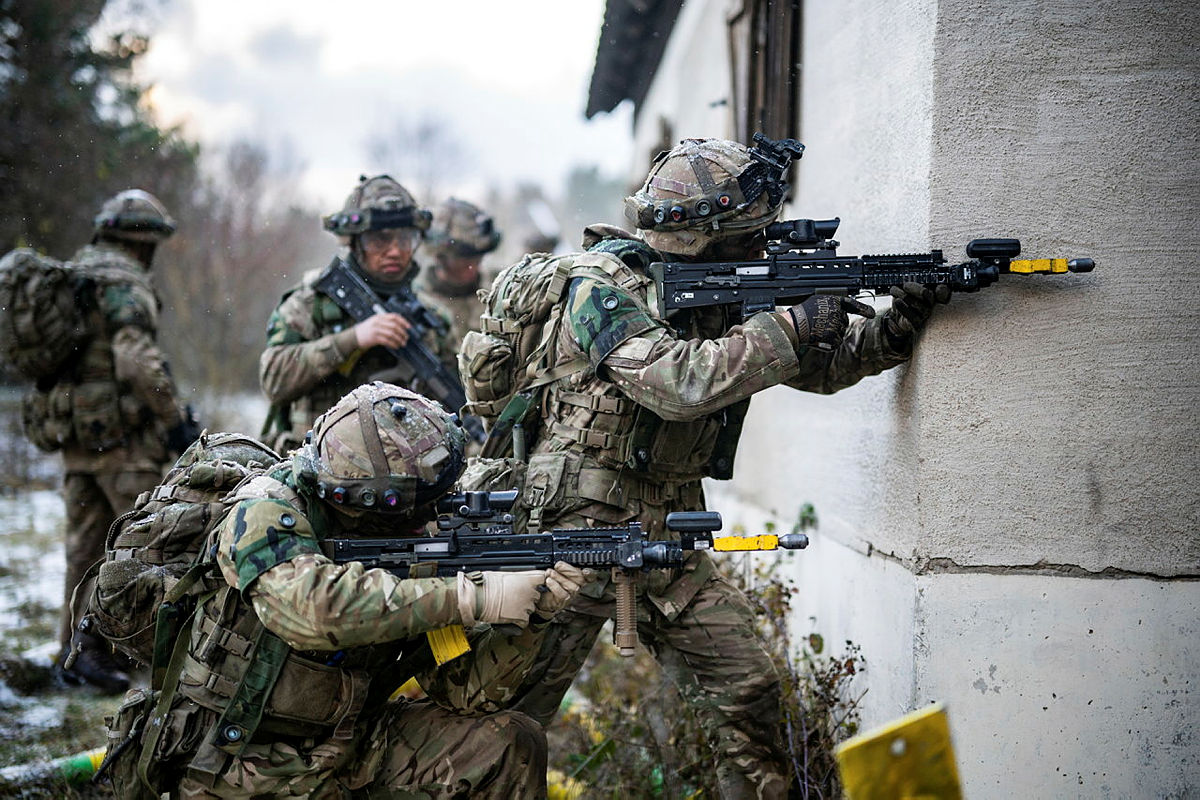The UK military has initiated a comprehensive week-long simulation designed to evaluate its capabilities in conducting combat missions amid expected supply chain disruptions. The exercise commenced on Monday and is set to explore a variety of scenarios characteristic of major conflicts, encompassing fierce battles and ongoing logistical hurdles.
For this particular simulation, representatives from the UK defense industry are participating for the first time, with the aim of “stress-testing” their capacity to promptly deliver essential supplies amid potential hostile attempts to disrupt logistics. Some of the key companies taking part include BAE Systems, Lockheed Martin, MBDA, and Babcock.
Defense Secretary John Healey underscored the significance of this war game, emphasizing that collaboration with leading weapons suppliers is crucial for establishing a resilient supply chain. The initiative aims to ensure that the defense industry can innovate at the pace required during wartime conditions. The current exercise follows a similar simulation in 2021, during which British troops reportedly exhausted their ammunition before the ten-day timeframe concluded.
This week’s simulation places a particular emphasis on the supply chains pertinent to artillery munitions and drones, both of which have seen extensive usage in the ongoing conflict in Ukraine. The UK military has noted that thousands of these defense assets are deployed every week, leading to a rapid depletion of supplies. The simulation is designed to identify vulnerabilities in both the production and transport processes of these critical weapons, which are expected to face heavy attacks in real-world scenarios.
Insights gained from this exercise will be vital in shaping future strategies and decisions related to actual conflict situations. Earlier in the year, a hearing by a UK defense committee highlighted significant deficiencies in the nation’s defense capabilities, issuing warnings that military forces could be overwhelmed after just two months of high-intensity warfare. Persistent recruitment challenges and stockpile shortages have raised alarm bells, suggesting that Britain may be “unfit for war” unless it resolves long-standing issues affecting its warfighting effectiveness.
In January, the former Chief of the General Staff, Patrick Sanders, remarked that the UK military is “too small” to endure a conflict on the scale of the war in Ukraine, further emphasizing the urgency of bolstering the country’s defense posture in light of evolving global threats.













